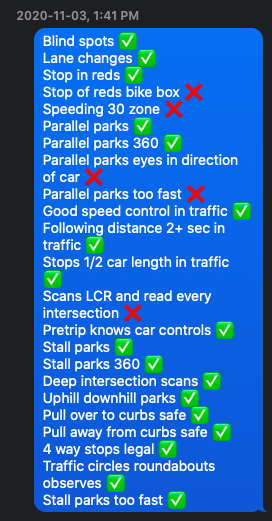External distractions cause many drivers to get into trouble, such as cellphones, passengers, or driving past a recently smashed-up car.
However, many of the drivers I work with struggle with internal distractions.
- Examiners are staring at my faults!
- Will the examiner confirm ‘good driver’ or ‘bad driver’?
- The examiner is not talking much and is writing on his clipboard, which must mean I failed!
- The examiner looks mean.
————
JESS H. My stress caused severe body shakes and a mouth unable to speak! The entire test was excellent, with examiner notes stating GOOD OBSERVATION, but once, in an intersection, waiting to turn left, the light turned yellow, and the car did not move. It sat through an entire light change as many cars drove around. Instant fail. Never before, but that test’s stress blacked out everything, causing a brain freeze stuck in that one spot.
————
SARA S. The entire 45-minute test went great, except for the first minute. I started the car and put it into the drive gear. My foot moved off the brake to the gas, pressing the gas, but the car DID NOT MOVE. The car started rolling backward a bit. Pressing down the brakes hard, and immediately tried to start the engine. In Drive gear, the engine would not start. It never started the first time. My mistake, my misunderstanding. Nerves. However, now in Drive gear, the engine would not start. Again and again, it failed to start. The examiner finally put the car back into P-Park. Finally, the car started, and I drove the test route fine; however, I failed that first minute.
One cannot START an engine when the car is in D-Drive gear!
————-
Part of driving is the mechanical, physical control of the car. However, research tells us that the cognitive domain is the most critical collision avoidance component—your brain.
Stress, anxiety, fear, fatigue, illness, and anything that internally distracts the driver are the most significant issues I see after the learner has mastered the mechanical part of driving.
Sometimes the cause of the internal stress is a misunderstanding of the road rules, a sign or the mechanical part of driving. Correcting these pieces has an immediate positive effect on the cognitive side—your brain.
Additionally, new drivers bring their history, beliefs, and experience related to driving, which quietly impacts their internal stress components.
Understanding this is critical to reducing their risk of collisions and creating success on that stressful road test day.
To help, I suggest first mastering the skill parts and then working on the cognitive aspects. Both benefit from a solid understanding of road system design. Understanding why examiners require certain behaviours is also valuable for understanding why and how this merges with road design and safety expectations.
All of this sure-footed preparation and solid understanding will help reduce that stress and keep your internal distractors under control.
Good Luck!





Comments are closed